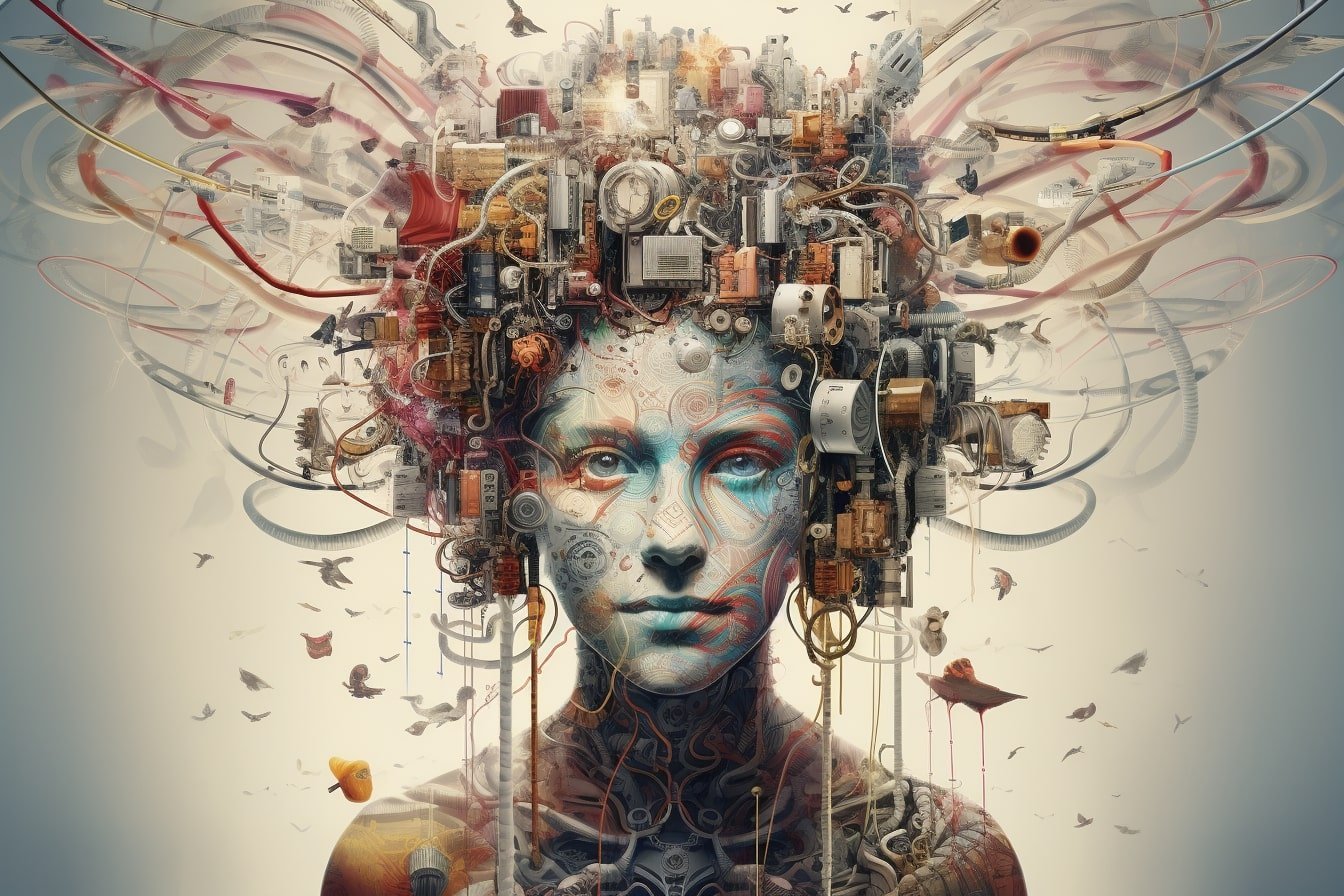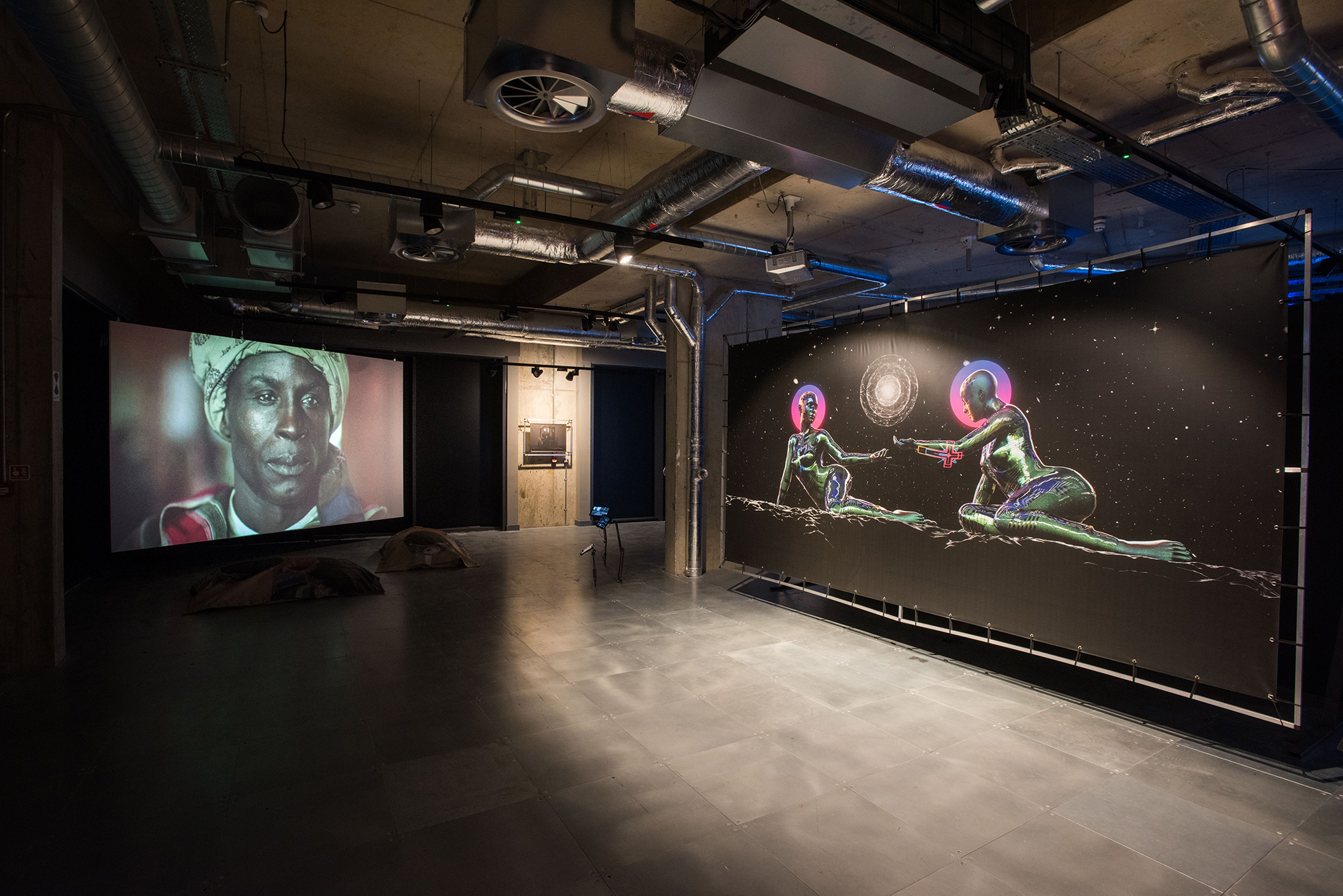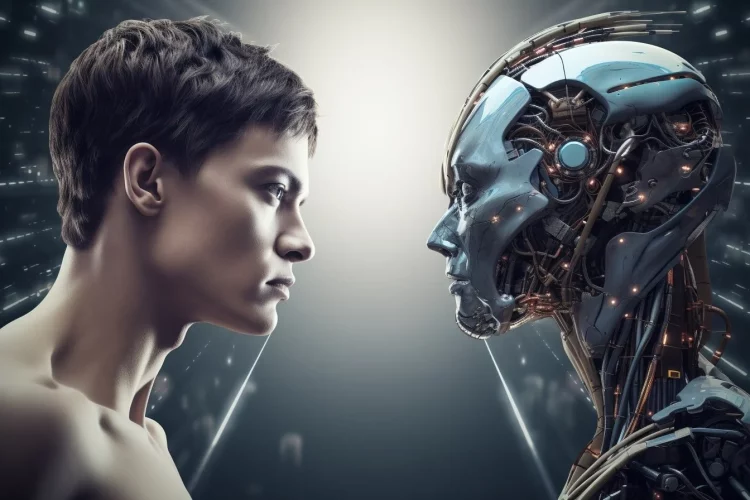Introduction
Creativity has long been considered a mystical, ineffable human gift—an elusive spark that ignites original ideas, art, innovation, and breakthroughs. But with the rise of artificial intelligence, machine learning, and data science, a provocative question emerges: Can creativity be calculated? Or is creativity fundamentally a human-only domain, irreducible to algorithms, formulas, and computation?
This article explores the evolving landscape of creativity from multiple perspectives: psychological, computational, philosophical, and technological. We’ll journey through what creativity means, how it’s traditionally measured, recent advances in AI-generated creativity, and whether machines can truly be creative — or merely simulate the process.
What Is Creativity? Defining the Indefinable
Before discussing whether creativity can be calculated, it’s essential to define what we mean by creativity. Despite its ubiquity in culture and conversation, creativity resists a single, simple definition.
Creativity as Novelty and Value
Psychologists often define creativity as the production of ideas, products, or solutions that are both novel (original or new) and valuable (useful, meaningful, or appropriate). This dual criterion helps distinguish creativity from randomness or mere novelty without purpose.
- Novelty: Introducing something new or surprising.
- Value: Having relevance, usefulness, or emotional impact.
Types of Creativity
Creativity manifests differently depending on context:
- Little-c creativity: Everyday problem solving and personal expression.
- Pro-c creativity: Professional-level innovation within a domain.
- Big-C creativity: Groundbreaking, historic, paradigm-shifting works.
Cognitive Models of Creativity
Psychological models describe creativity as involving:
- Divergent thinking: Generating many possible ideas.
- Convergent thinking: Refining and selecting the best ideas.
- Insight: Sudden understanding or “aha” moments.
- Associative processes: Connecting disparate concepts.

Is Creativity Unique to Humans?
Creativity has traditionally been seen as a uniquely human trait tied to consciousness, emotions, and subjective experience. Humans combine life experiences, intuition, cultural context, and complex neural networks to create.
The Human Edge
- Conscious awareness: Humans can reflect on and intentionally manipulate ideas.
- Emotion and motivation: Creativity is driven by feelings, desires, and purpose.
- Contextual understanding: Humans grasp subtle meanings, symbolism, and cultural nuances.
But Animals and Nature Are Creative Too?
Creativity isn’t exclusively human:
- Animals innovate for survival (e.g., tool use by crows or problem-solving by dolphins).
- Nature itself displays creative processes (evolutionary adaptation, natural design).
While these forms differ from human creativity in complexity and consciousness, they challenge the notion of creativity as strictly human.
Measuring Creativity: The Challenge of Quantification
How can we measure creativity? This question sits at the heart of whether creativity can be calculated.
Traditional Creativity Tests
- Torrance Tests of Creative Thinking (TTCT): Measures divergent thinking through tasks like generating alternative uses for objects.
- Remote Associates Test (RAT): Measures associative creativity by linking seemingly unrelated words.
- Consensual Assessment Technique: Experts rate creative products qualitatively.
Limitations of Testing Creativity
- Tests often focus on specific cognitive processes rather than holistic creativity.
- Creativity depends on context, domain, and subjective evaluation.
- Creativity involves dynamic, fluid, and non-linear processes difficult to capture in static tests.
Quantitative Metrics and Creativity
Researchers have tried to quantify creativity via:
- Idea fluency: Number of ideas generated.
- Idea originality: Statistical rarity of ideas.
- Idea usefulness: Practical applicability scoring.
These metrics are reductive, but they provide entry points for computational modeling.
Computational Creativity: Can Machines Be Creative?
With the rise of AI, a new field called computational creativity has emerged, exploring whether machines can generate creative outputs.
What Is Computational Creativity?
Computational creativity involves designing algorithms and systems that perform tasks considered creative, such as:
- Writing poetry or stories.
- Composing music.
- Painting or graphic design.
- Scientific hypothesis generation.
Early Examples

- ELIZA (1966): A chatbot simulating conversation.
- AARON (1970s): A program generating original artworks.
- Experiments in AI poetry and music: Systems producing novel artistic works.
Modern AI Creativity
Advances in machine learning, especially deep learning and large language models (like GPT), have propelled AI creativity to new heights.
- Text generation: GPT models create coherent, stylistically diverse texts.
- Image generation: DALL·E and similar models produce realistic and imaginative visuals.
- Music composition: AI algorithms compose music in various genres.
- Scientific discovery: AI assists in finding new molecules and formulating hypotheses.
How Do Machines Calculate Creativity?
Machines “calculate” creativity through algorithms that manipulate data, detect patterns, and generate novel combinations.
Key Techniques
- Generative models: Models trained on vast datasets learn underlying structures and generate new samples.
- Evolutionary algorithms: Inspired by natural selection, these algorithms mutate and select ideas to optimize creative outputs.
- Rule-based systems: Explicit rules guide the creation of artifacts within a domain.
- Neural networks: Deep learning models abstract complex patterns from data.
Creativity as Combinatorial Innovation
Many theories suggest creativity arises from combining existing ideas in novel ways. Machines excel at combinatorial tasks — recombining concepts with new permutations.
Limitations of AI Creativity
- AI lacks intrinsic motivation, consciousness, or emotional experience.
- Creativity produced is derivative of training data.
- AI struggles with deep contextual understanding, humor, irony, and genuine insight.
Can Creativity Be Reduced to an Algorithm?
Is creativity fully reducible to algorithms? The answer is complex and nuanced.
Arguments for Calculability
- Creativity involves identifiable cognitive processes that can be modeled.
- Machines already create novel, valuable outputs.
- Creativity may emerge from complex, but computable, rules.
Arguments Against Calculability
- Creativity involves subjective meaning-making.
- Emotional and experiential dimensions elude computation.
- Human creativity is embedded in cultural, social, and ethical frameworks machines cannot fully grasp.
The Middle Ground: Augmented Creativity
Rather than replacing human creativity, AI is better seen as augmenting it — tools that inspire, extend, and accelerate human creative work.
The Future of Creativity: Human + Machine Collaboration
The future likely involves hybrid creativity:
- Co-creativity: Humans and AI collaborate, blending intuition with computation.
- Creativity support tools: AI aids brainstorming, idea generation, and refinement.
- New creative forms: AI opens unexplored artistic and scientific frontiers.
Ethical and Philosophical Considerations
- Who owns AI-generated art?
- How do we value machine creativity versus human originality?
- What role do emotions, intentions, and consciousness play in creativity?
Conclusion: Is Creativity Calculable — Or Just Human?
Creativity is a multifaceted, complex phenomenon intertwining novelty, value, emotion, intuition, and context. While machines can calculate certain aspects of creativity — generating novel, useful outputs through algorithms — the full essence of creativity remains deeply human.
Rather than asking whether creativity can be calculated, perhaps the better question is how computational creativity can enrich and evolve human creative expression.
The line between human and machine creativity blurs, but for now, creativity remains a dance where human heart and machine logic collaborate to explore the unknown.











































Discussion about this post